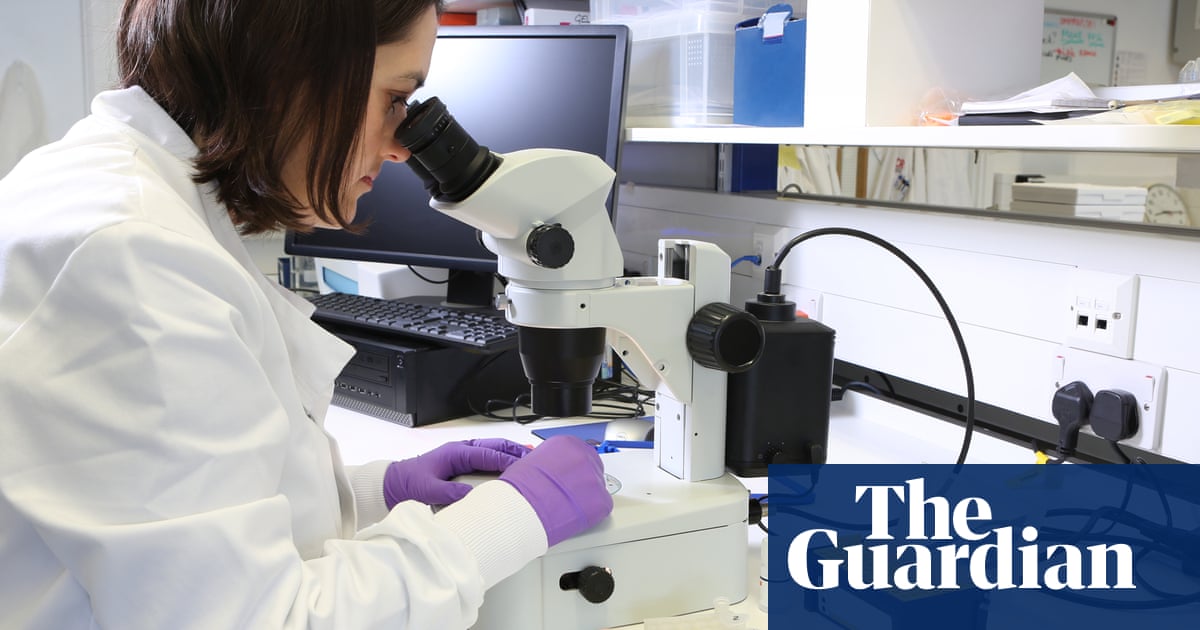
(NewsNation) — The Republican chairman of a congressional committee investigating the origins of COVID-19 says after seeing classified State Department documents, he came away with the impression the Wuhan lab leak theory is accurate.
Rep. Brad Wenstrup, R-Ohio, says there’s enough credible evidence in these documents to support the assertion that the coronavirus accidentally leaked from a lab in Wuhan, China, where research on the disease was being done. According to Wenstrup, based on what he saw, this was something the Chinese government attempted to cover up.
NewsNation obtained a heavily redacted version of the documents that Wenstrup and others working for the committee were allowed to see.
Headers above certain paragraphs give some insight into what Wenstrup has said, such as one that asks, “Who Ordered the Cover Up? Signs point to Beijing, not Local Officials,” and another that says, “Beijing Knew Earlier Than They Admit.”
These documents, put together by officials at the U.S. State Department, had been requested by the committee back in February of last year. While the State Department said the committee could not physically have the documents, certain lawmakers and staff were allowed to view them.
Now, Wenstrup and others in Congress are calling on Secretary of State Antony Blinken to make these documents public, writing in a letter that the information will help “the American people have a more complete picture of the government’s evidence regarding the origin of the Covid-19 pandemic.”
NewsNation has reached out to the State Department for comment.
Next month, Dr. Anthony Fauci, former chief medical adviser to President Joe Biden who oversaw the administration’s COVID response, has agreed to testify before the Select Subcommittee on the Coronavirus Pandemic next month. The documents are expected to be one of the focal points of that hearing.
Wuhan lab leak theory
The coronavirus was first identified in Wuhan in December 2019 before spreading worldwide and killing around 7 million people.
FBI Director Christopher Wray has previously said the agency assessed that a leak from a lab in Wuhan “most likely caused the COVID-19 pandemic.”
“The FBI has for quite some time now assessed that the origins of the pandemic are most likely a potential lab incident in Wuhan,” Wray told Fox News in an interview.
These comments came after the Wall Street Journal published a report saying that the U.S. Energy Department has assessed, albeit with low confidence, that the pandemic resulted from an unintended lab leak in China.
The low confidence designation essentially means the evidence to support a theory is incomplete or questionable.
Four other agencies, along with a national intelligence panel, still assess that the pandemic was likely the result of a natural transmission, while two are undecided, the Journal reported.
China pushed back on Wray’s comments, saying it was firmly opposed to any form of “political manipulation” of the facts.
“Based on the poor track record of fraud and deception of the U.S. intelligence community, the conclusions they draw have no credibility whatsoever,” Chinese Foreign Ministry spokesperson Mao Ning told reporters in Beijing. “We urge the U.S. side to respect science and facts.”
Wray said he couldn’t share many details of the agency’s assessment because they were classified. He did, however, accuse the Chinese government of “doing its best to try to thwart and obfuscate” efforts by the United States and others to learn more about the pandemic’s origins.
The Associated Press contributed to this report.






